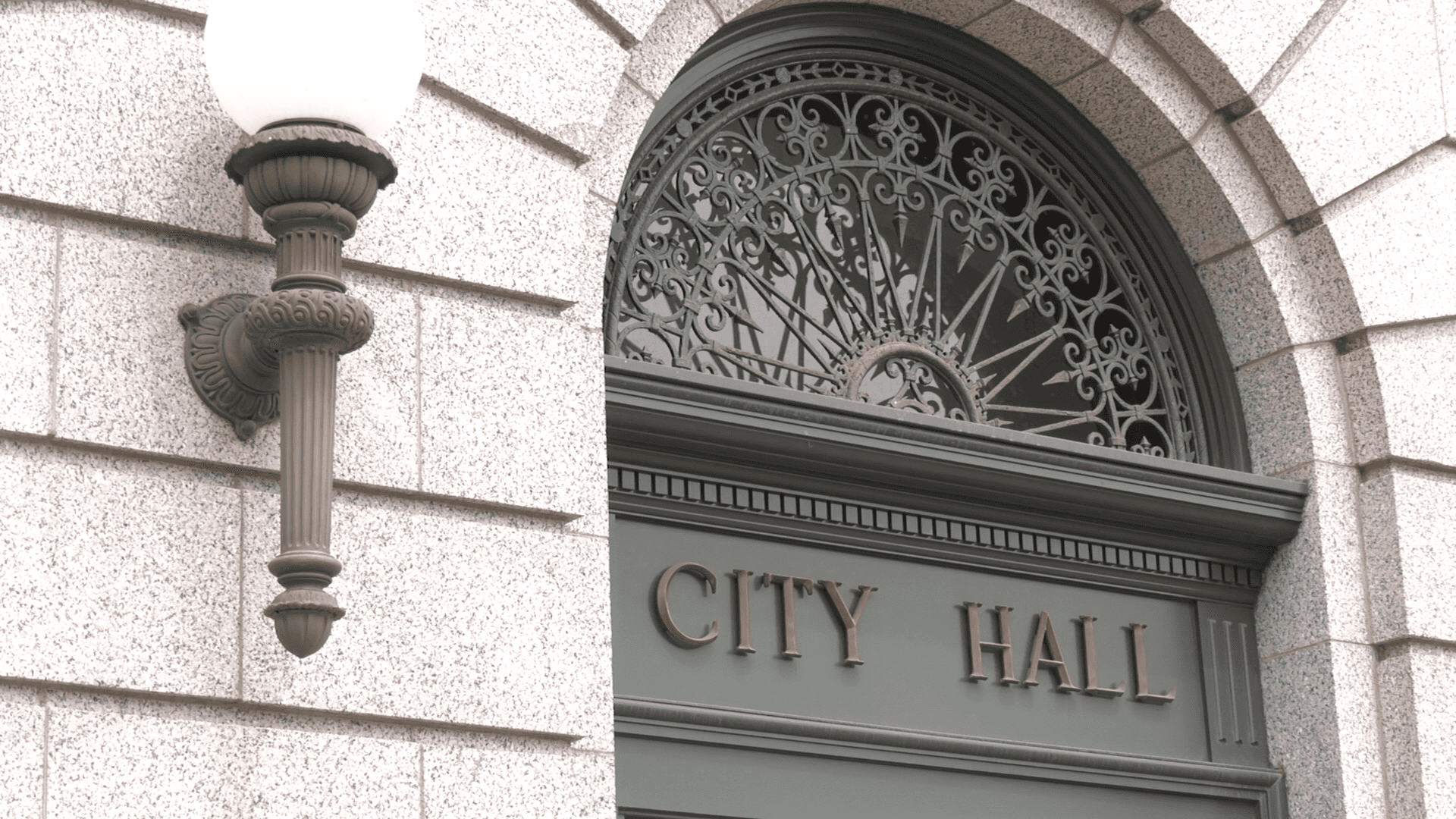City leaders propose package of 10 ordinance changes to address frequent offenses

(WDIO)
Ten ordinance changes will be on the Duluth City Council agenda in the coming weeks. The are designed to solve frequently reported non-violent offenses.
The ordinances cover behaviors like burning, property damage, graffiti, solid waste compliance, and camping on public property. These non-violent offenses, which usually results in a fine could be charged as misdemeanor offenses instead.
Some are covered now by petty misdemeanor level offenses, which usually mean a citation or fine. City leaders shared more on Tuesday afternoon.
“These new ordinance proposals will allow us to address problem behaviors that impact everyone’s ability to feel safe and secure in their community,” said Police Chief Mike Ceynowa. “Changing offenses from fines, which may be a financial burden to some, to misdemeanors allows for the option of diversion and connection to services. As a police department, we will educate and encourage prior to enforcement. This approach creates compassion with accountability.”
Mayor Roger Reinert saying the goals of the public safety package implementation, is to educate, encourage and enforce.
“We want to hold people accountable for their choices and their behaviors, but we in Duluth prioritize connection and diversion,” Mayor Reinert said. “It’s not just being compassionate, which we are as a community, it’s also being effective and cost efficient.”
Duluth Fire Department’s Chief Shawn Krizaj says the public safety package can help create more systemic changes. The misdemeanor punishments could properly fit the non-violent offense instead of a fine or potential jail time.
“These misdemeanor charges also help us when we see damage that’s done on city property. We could write a citation for that. But that was really the only means we had of any other type of enforcement. This will give us a possibility to go after some reimbursement or restitution for damage,” Fire Chief Krizaj said. “For example, with the ATV language, if people destroy a city trail, we can then try to go back and get some of that stuff, not just repair to city funding, but look at other options.”
The ten ordinances will be first read by City Council at their Monday, July 15 meeting. The package will be read by the council a requisite second time at its meeting on July 29 and a vote will follow. The ordinances would go into effect 30 days following adoption.